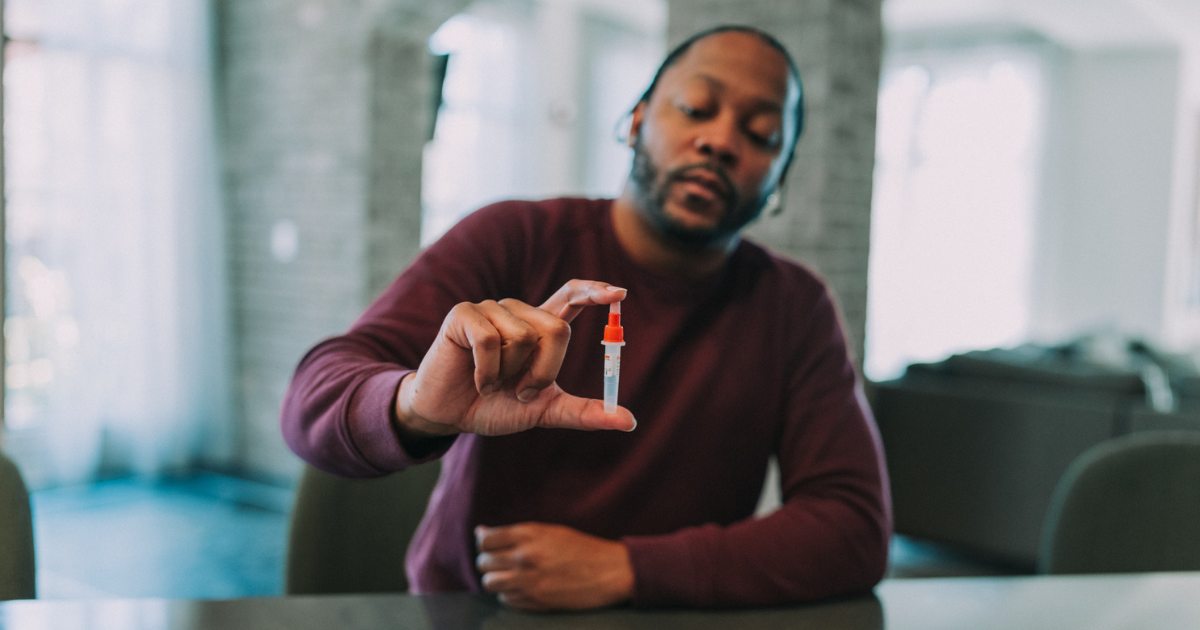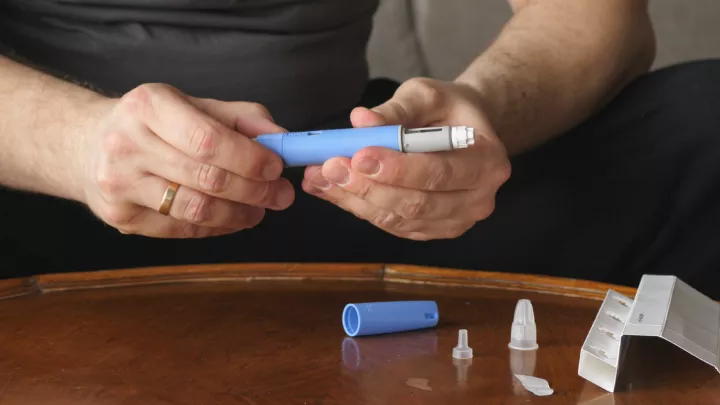Answers to your questions about COVID-19 testing in 2023

As we navigate the ever-evolving COVID-19 situation, testing remains an important tool. Here, we provide answers to some of your most common questions.
When should I test for COVID-19?
If you have been exposed to someone with COVID-19 or are experiencing symptoms, you should get tested as soon as possible. Early detection can help prevent further transmission and ensure appropriate care. Additionally, some events and travel destinations may require testing prior to entry.
Are COVID-19 tests free?
Beginning September 25, every U.S. household can again place an order to receive four free COVID-19 rapid tests delivered directly to their home.
Underinsured individuals and those from underserved communities can still access low or no-cost COVID-19 tests. They can visit an HRSA health center, Test to Treat site or ICATT location for more information.
Are COVID-19 tests covered by insurance?
Insurance coverage for COVID-19 testing varies by insurance plan. Many insurance providers have expanded their coverage to include testing and provide this information on their websites. Check your insurance policy or contact your insurance provider to see whether COVID-19 testing is covered.
Are COVID-19 tests covered by Medicare?
As of May 11, Medicare no longer pays for over-the-counter, or OTC, COVID-19 tests. However, Medicare patients with Part B benefits can still access laboratory-conducted COVID-19 tests at no cost. Some Medicare Advantage, or MA, plans may cover and pay for OTC COVID-19 tests as an added benefit. Check with your MA plan to see if it covers these tests.
Do COVID-19 tests expire?
COVID-19 tests generally have an expiration date, typically indicated on the packaging. However, the FDA has extended expiration dates on a number of at-home tests. Check the full list to be sure you have an accurate expiration date before use. Be sure to check the expiration date before using a test, as expired tests may yield inaccurate results.
Are COVID-19 tests HSA eligible?
While the eligibility of COVID-19 tests for health savings account, or HSA, coverage may vary depending on the specific rules of your HSA provider, COVID-19 testing expenses are often HSA eligible. Check with your HSA provider to determine the eligibility of COVID-19 testing expenses for your specific situation.
Are COVID-19 cases rising?
According to infectious diseases specialist Mark Rupp, MD, “It’s a bit harder to figure out now because a lot of the dashboards have been dismantled, but from what I can discern, there has been an uptick in cases and hospitalizations. The wastewater data is probably the most reliable indicator of the level of community illness and it clearly indicates a substantial bump upward both locally and nationally.”
What COVID-19 strain is going around now?
The most dominant COVID-19 strain circulating now is EG.5, or Eris. “I am not aware of information to suggest it is any more severe than what we’ve seen with any of the other Omicron variants, so that’s good news,” Dr. Rupp says. “However, It does look like it’s a little bit more immunoevasive, so it has the opportunity to cause illness in folks a little bit more readily.”
Regularly check with local health authorities for the latest information, and remember that early detection, responsible testing, and adherence to public health measures are key to protecting ourselves and our communities.






